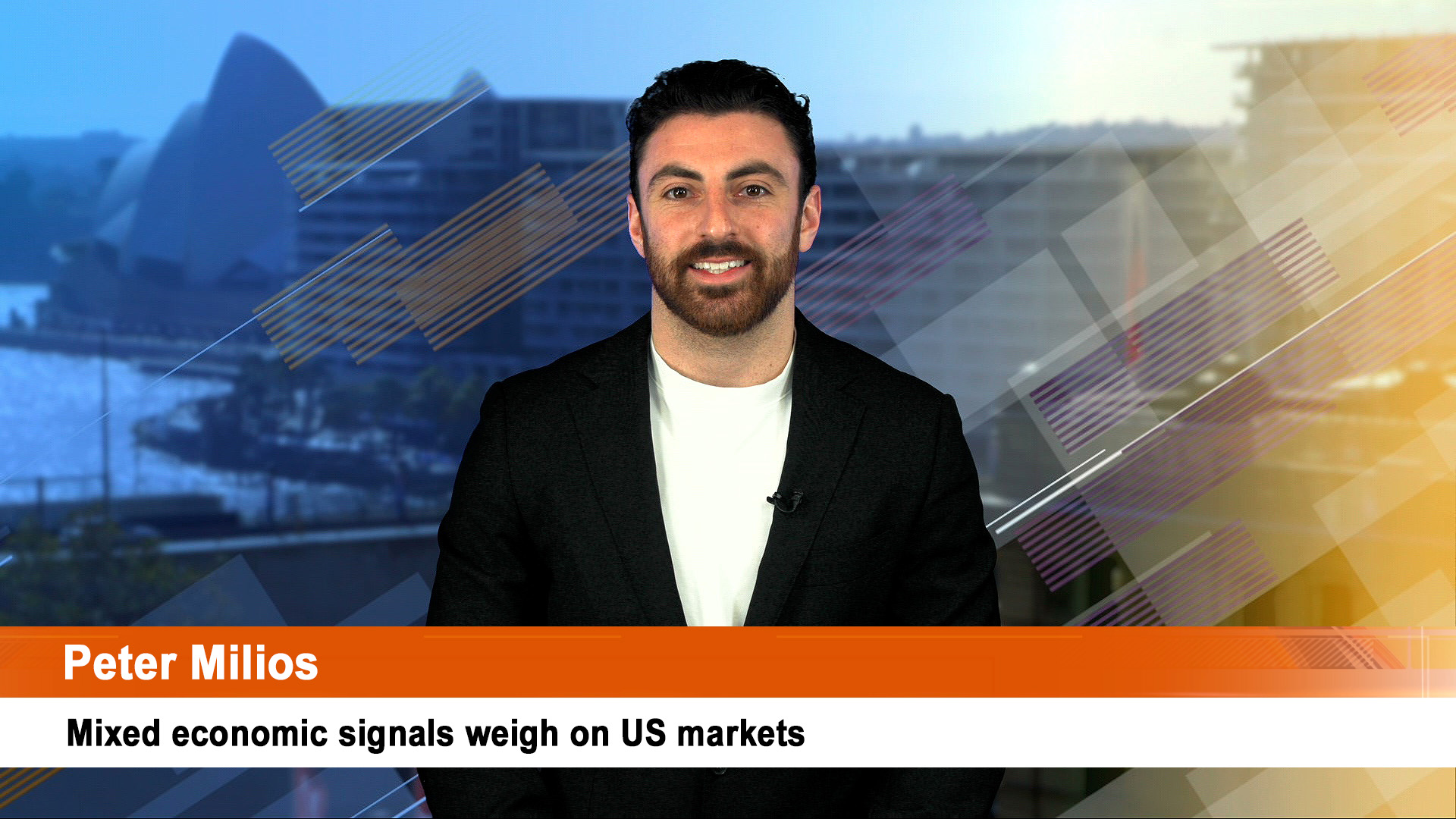The Bank of Queensland (BoQ) has become the latest listed Australian financial group to be pinged by key financial regulators AUSTRAC and APRA over prudential breaches, poor money laundering and anti-terrorism financing oversight.
The news in separate statements issued before trading on Wednesday, confirmed months of speculation that the Brisbane-based regional bank had been fingered by regulators over a number of breaches for poor record keeping and failures in meeting significant areas of regulation.
It saw the shares slide 7%, touching a year low of $5.35 before closing down 5.3% at $5.47.
Statements from both regulators made it clear that Bank of Queensland breached prudential standards and fallen short in its compliance with anti-money laundering laws.
Hence the two separate court enforced undertakings to do better, plus APRA’s decision to force BoQ to hold an extra $50 million in capital.
It was a stinging assault on the bank’s reputation and that of its board and managers – current and since 2018 at least.
AUSTRAC said it held concerns about the adequacy of BOQ’s systems for complying with anti-money laundering and counter-terrorism financing (AML/CTF) laws, and the agreement would require BOQ to improve its AML/CTF program.
AUSTRAC revealed it had been investigating and probing the bank since 2018, and especially last year.
APRA, meanwhile, said it had uncovered weaknesses in the bank’s past approach to risk management and culture, and BOQ had made several breaches of the prudential standards in 2022 and 2023.
APRA said BOQ would be required to hold an extra $50 million in capital for operational risk until the bank implemented a plan setting out how it would improve the weaknesses in its approach to risk and risk culture.
AUSTRAC said on Wednesday it has accepted a court enforceable undertaking from the Bank of Queensland to improve compliance with Australia’s anti-money laundering and counter-terrorism financing laws.
“Businesses which do not have a strong AML/CTF program in place are vulnerable to exploitation by criminals, which is why AUSTRAC has been working with BoQ to harden their processes,” AUSTRAC CEO Nicole Rose said in a statement on its website on Wednesday.
APRA, the financial regulator said in its statement to the ASX and on its website that it had agreed to the enforceable undertaking between the Bank of Queensland and AUSTRAC “acknowledging its past risk management and risk culture weaknesses and committing to rectify these serious issues.”
APRA said in its statement, “The CEU follows several breaches of APRA’s prudential standards in 2022 and 2023, and APRA’s prudential review into BOQ’s operational risk, compliance and risk culture.
“The CEU also incorporates the findings of an independent report on the root causes of these issues, which was completed at APRA’s request in April 2023.”
“BOQ has acknowledged the weaknesses set out in the CEU and has agreed to:
- prepare a remediation plan that details all activities BOQ is undertaking, or will undertake, to address the weaknesses, with a clear timeline for implementation, and that specifies the Accountable and Responsible Persons for each activity;
- submit the remediation plan to APRA for approval and address concerns APRA may have; and
- appoint an independent reviewer to provide written reports on the implementation of the remediation plan, whether it is sustainable and whether further work is necessary to ensure the root causes of the material weaknesses are addressed.”
Bank of Queensland joins the Commonwealth Bank and Westpac, as well as the NAB in being found to be lax in their record keeping and other documentation in the areas of anti-money laundering and anti-terrorism regulations, as well as in risk assessment.
And like Westpac and the Commonwealth, BoQ has been hit with a capital penalty by APRA, the key financial and banking regulator.
BoQ’s penalty is $50 million for as long as APRA sees fit – the CBA’s was $1 billion and Westpac’s was half a billion, plus another half a billion from a separate APRA move in 2019.
(In 2019, APRA imposed a $500 million capital overlay penalty on each of Westpac, NAB and ANZ to reflect higher operational risk identified in their risk governance self-assessments overseen by the regulator. That was to remain until the banks had improved their performance, which has happened).
As well AUSTRAC has taken action over similar concerns against major casino groups such as Crown Resorts (fined $450 million on Tuesday by the regulator and awaiting court approval), Sky City’s Adelaide casino (an investigation and independent monitor was revealed this week) and Star Entertainment over its casinos in Sydney and southeast Queensland (where a decision on AUSTRAC’s penalty is awaited).
In April the Bank of Queensland revealed a massive write down on its 2007 takeover of Home Building Society in Perth and a $60 million bill for improving its monitoring and other processes.
That $60 million is clearly the price the bank has had to pay to improve its money laundering and anti-terrorism financing monitoring – it described it as a “risk management program” in April’s statement.
The $260 million loss cut the Bank of Queensland’s bottom line to just $4 million for the six months to the end of February and led to a dividend cut.
The Financial Review reported that month that Bank of Queensland had denied market talk that APRA had intensified its supervision in 2022 after its lending growth accelerated much faster than its deposit-gathering capabilities.
That was clearly wrong as APRA referred in its Wednesday statement to “several breaches of APRA’s prudential standards in 2022 and 2023” which must have been found by the regulator in its intensified supervision
BOQ chairman Warwick Negus on Wednesday said he had “acknowledged the concerns raised by APRA and AUSTRAC”.
“BOQ remains committed to its multi-year integrated risk program to build a stronger and simpler bank with an uplift in risk culture, frameworks, processes and controls,” he said.













